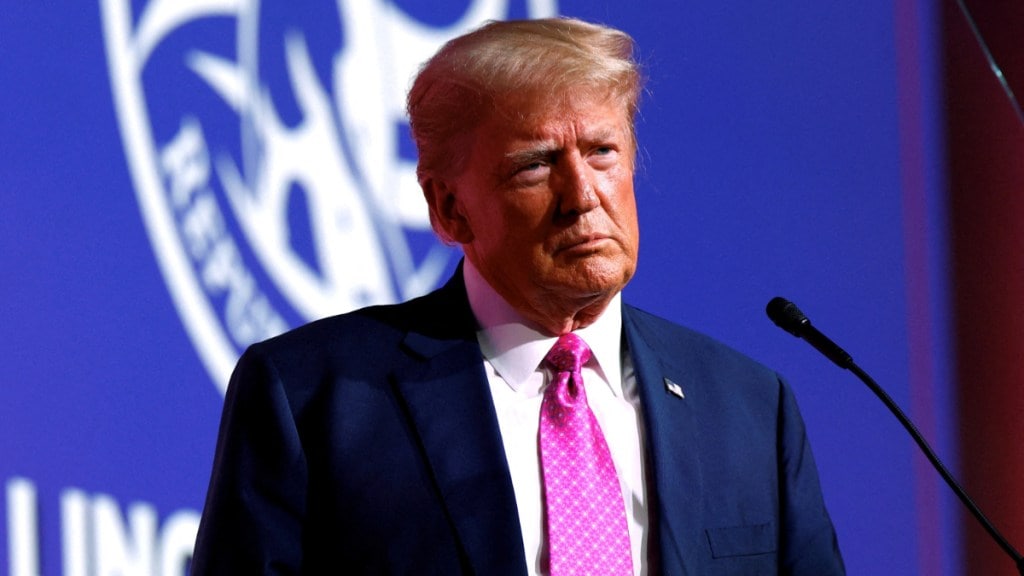The Trump administration is contemplating an expansion of travel restrictions, potentially targeting citizens from up to 43 countries. The new proposal, which is broader than the travel bans imposed during President Donald Trump‘s first term, is currently under internal review, according to officials familiar with the matter, the New York Times reported.
The draft proposal categorises countries into three levels of restriction: Red, Orange, and Yellow. The final list is subject to change following diplomatic and security reviews.
Red List: Complete travel ban
The “Red” list includes 11 countries whose citizens would be entirely barred from entering the United States. These countries are: Afghanistan, Bhutan, Cuba, Iran, Libya, North Korea, Somalia, Sudan, Syria, Venezuela, Yemen.
Orange List: Restricted visas
The “Orange” list consists of 10 countries where travel would be heavily restricted. Citizens from these nations may still qualify for certain types of visas, such as business travel, but would face mandatory in-person interviews. The countries are: Belarus, Eritrea, Haiti, Laos, Myanmar, Pakistan, Russia, Sierra Leone, South Sudan, and Turkmenistan.
Yellow List: 60 days to address concerns
The “Yellow” list names 22 countries that would be given 60 days to rectify security and information-sharing concerns or risk being moved to a stricter category. These countries are: Angola, Antigua and Barbuda, Benin, Burkina Faso, Cambodia, Cameroon, Cape Verde, Chad, Republic of Congo, Democratic Republic of Congo, Dominica, Equatorial Guinea, Gambia, Liberia, Malawi, Mali, Mauritania, St. Kitts and Nevis, St. Lucia, São Tomé and Príncipe, Vanuatu, Zimbabwe.
Officials from the State Department, along with security specialists and intelligence agencies, are reportedly reviewing the draft list. They are evaluating the accuracy of the listed deficiencies and considering any diplomatic consequences of including certain countries. The proposal could be revised to accommodate international cooperation priorities.
Key questions remain unanswered, including whether the proposed ban would affect individuals with existing visas or green cards. There is also uncertainty about how the ban would impact diplomatic relations, especially with countries like Russia and Venezuela.
Legal considerations
The proposal has reignited debates over the constitutionality and morality of such travel bans. During Trump’s first term, courts initially blocked early versions of the travel bans, though the Supreme Court later upheld a revised version affecting eight nations.
President Biden had revoked Trump’s previous travel bans, calling them “a stain on our national conscience.” However, Trump’s new executive order cites national security concerns as justification for reviving and expanding the restrictions.
The inclusion of countries like Bhutan and Russia, which were not part of the original bans, raises new concerns about diplomatic tensions and the broader implications for international relations.
